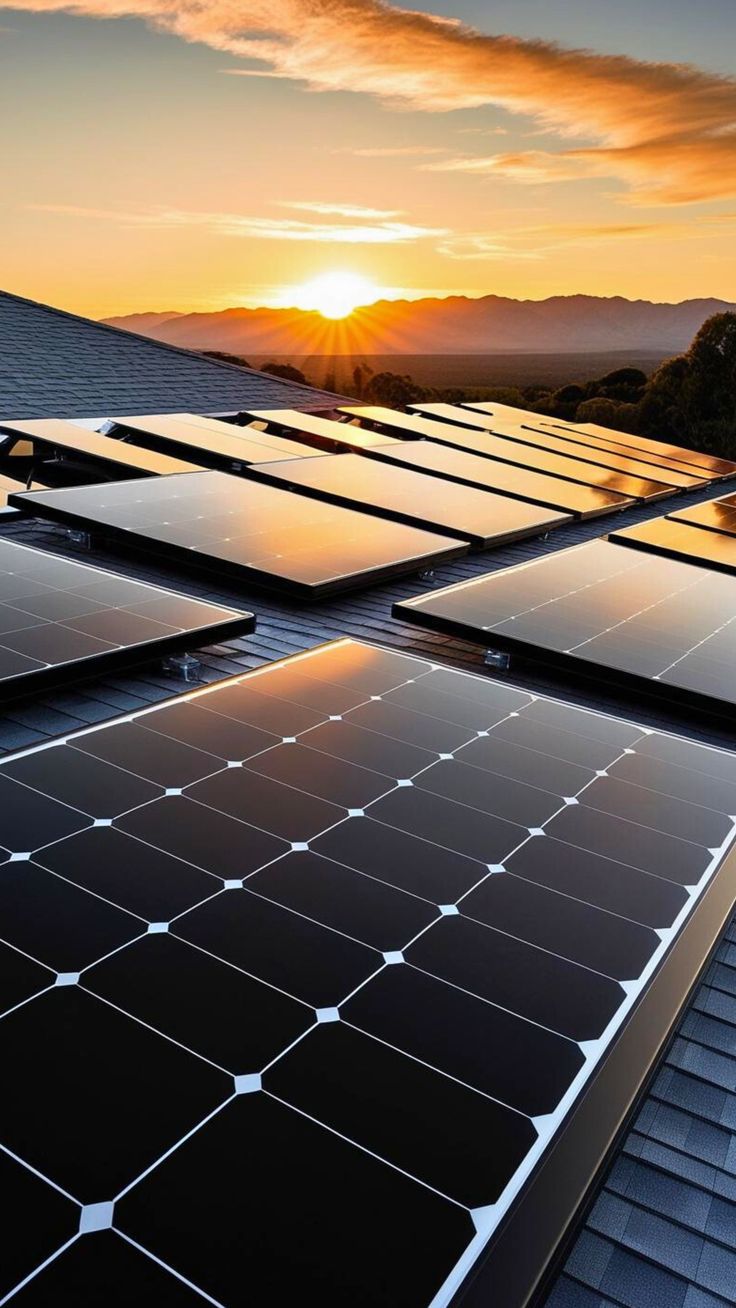Why Solar Power Is the Smartest Move for Nigerian Homes in 2025
As Nigeria continues to grapple with energy challenges, the adoption of solar power emerges as a beacon of hope for households across the country. By 2025, investing in solar energy will not only be a practical choice but also an intelligent move for several reasons:

Part of Jinko Solar Panel
Grade A Jinko Solar Panel
As Nigeria continues to grapple with energy challenges, the adoption of solar power emerges as a beacon of hope for households across the country. By 2025, investing in solar energy will not only be a practical choice but also an intelligent move for several reasons:
1.Energy Access and Reliability: Many Nigerian homes still lack reliable electricity. Solar power provides a decentralized solution that can bring electricity to rural and underserved areas where traditional grid access is limited or non-existent.
2.Cost-Effectiveness: The cost of solar panels and installation has significantly decreased in recent years. By 2025, further advancements and economies of scale are expected to make solar energy even more affordable, reducing household energy bills in the long run.
3.Sustainability: Solar power is a renewable energy source that helps reduce carbon footprints. As Nigeria strives to meet global climate commitments, transitioning to solar energy will support sustainable development and environmental protection.
4.Energy Independence: Relying on solar energy can reduce dependence on fossil fuels and mitigate the challenges of fluctuating fuel prices. This shift can enhance energy security for Nigerian homes.
5.Job Creation: The growth of the solar energy sector will create various job opportunities, from manufacturing and installation to maintenance and sales, contributing to the local economy.
6.Government Support and Incentives: The Nigerian government is increasingly recognizing the importance of renewable energy and may offer incentives for solar adoption, making it easier for homes to invest in solar technology.
7.Technological Advancements: Innovations in solar technology, including more efficient panels and energy storage solutions, will enhance the viability of solar power, making it a more attractive option for households.
8.Reduced Energy Loss: Solar energy systems can operate closer to the point of consumption, reducing the energy losses often seen in traditional grid systems. This improves overall efficiency and reliability for homes.
In conclusion, transitioning to solar power by 2025 is likely to be a strategic decision for Nigerian homes. It promises to improve energy access, enhance sustainability, and bring economic benefits, positioning solar energy as a key player in Nigeria's energy future.
